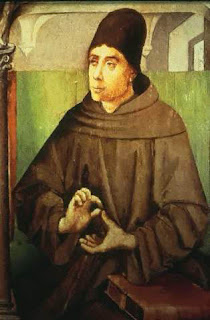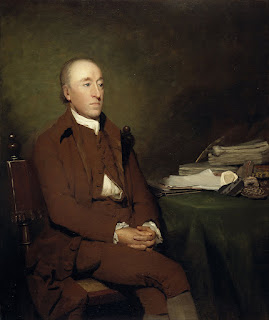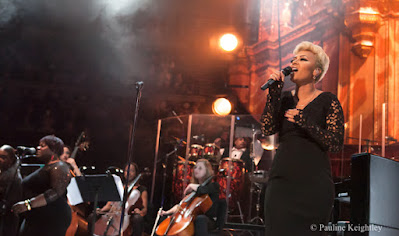Scotland must move forward with new ideas from the tired, old arguments of the social left vs extreme right capitalism, all controlled from a centralised power. There must be a new way – more nuanced, inter-changeable, connected, more accountable and inclusive, greener and more local. To be forward thinking, to pursue coalitions and the collaborative. To have ingenuity and renewability. To listen to young voices and believe in the future, rather than clinging to past, out-dated processes.
There are social issues that require policy guidelines and laws. Its urgent with the climate crisis to establish a progressive energy security policy and encourage reform and research and more scientists in politics. I’ve lived abroad and in most other developed nations most states run their own economies, immigration and more. Scotland’s future must lie with an improved way to govern. What is wrong is constantly harking back to live in a past that is gone and being stuck as the Westminster Bubble is. Everything Westminster or the Tory government does feel wrong, undermining democracy and with no moral compass. And encouraging its 2 tier system.
Why I believe that History matters. I’ve learned from reading history – that the Scots did not invade Ireland under James VI, the plantations of Ireland were begun under Henry VIII and his daughter Elizabeth; that Scotland boasts three ancient universities; that Scots scholars established American universities Columbia, and Princeton, and were part of the founding fathers (John Witherspoon (1723 – 1794) according to Professor Tom Devine; and that religion really IS a force for good in the world but that its ambitious and ignorant politicians who thwart and encourage religious divisions for their own gain; That there were 'United Irishmen' late 1700s for reform, that included both Catholic and Presbyterians. Perhaps (?) improved local government and decentralization would assist with northern Ireland issues? Who knows.
The Scottish enlightenment has been Scotland's biggest contribution to the world and there were two enlightenments, according to Alexander Broadie, Professor of Logic and Rhetoric at Glasgow university in his book, The Scottish Enlightenment. The first was Post Reformation with Scots scholars studying and teaching in Paris, and being leaders in Europe; This resulted from the collaborations between France and Scotland. Scotland had close trading links to Flanders and the rest of Europe, in those days when we had busy seafaring ports. Scotland before union 1707 was a trading and outward looking nation and a leader in Europe, not isolated or backward at all!
Broadie writes about the first Scottish Post Reformation enlightened scholars and that Enlightened thought began with the collaborations between France and Scots in the 16th century. The professors at Scotland’s ancient universities studied and taught in Paris with famous figures in philosophy, law and theology. The auld alliance between France and Scotland lasted for over 400 years from 1290 to 1707, and continues to this day.
Scotland is very much a European country according to according to Broadie. He writes that Scotland was culturally as much part of Europe as France, with the shipping lanes to Flanders and France and Scots scholars studying in Europe. ‘The three pre-Reformation, Scottish universities – St Andrews, Aberdeen, Glasgow - have always been strongly oriented towards Europe” ..and that the teaching staff were foreign-educated Scots.”
Scotland’s European connections are centuries old, dating from 16th centuriy and beyond – and not only about wars but about our scholars, language, ideas and innovations. Many Scots words are from Flanders and France.
Its important to understand the significance of the Reformation and of enlightened thought on democracy and education in Scotland and worldwide. According to historian Tom Devine, Scots enlightened thinkers took their philosophy over to America and founded universities there, notably John Witherspoon who founded Princeton– and Scots were some of the America’s founding fathers. Freedom from intellectual servitude is celebrated by Robert Burns in 1796 when he lauds the stance of the man o independent mind, in his poem A Mans a Man for a That. The man o independent mind is aboon them all.
II History matters and is good for us! Essentially history gives us a moral backbone and human understandings. So there should be an increase in History teaching in schools, right through secondary school. Information and truth is crucial to move forward. To know history as a solid foundation. This teaching should run alongside the teaching of philosophy, which encourages critical thought.
In recent times we have witnessed the breakdown of democratic principles both in Europe and the US. We hoped the internet would open opportunities, but sadly it also provides dark tunnels of entrenched negativity. Our best defence is education, open debate, open minds – the opposite of narrow and limited populism. Crucially this is done through the arts, history and philosophy – and let us look to enlightened thought and freedom of speech as the way forward. #¥esScots


















